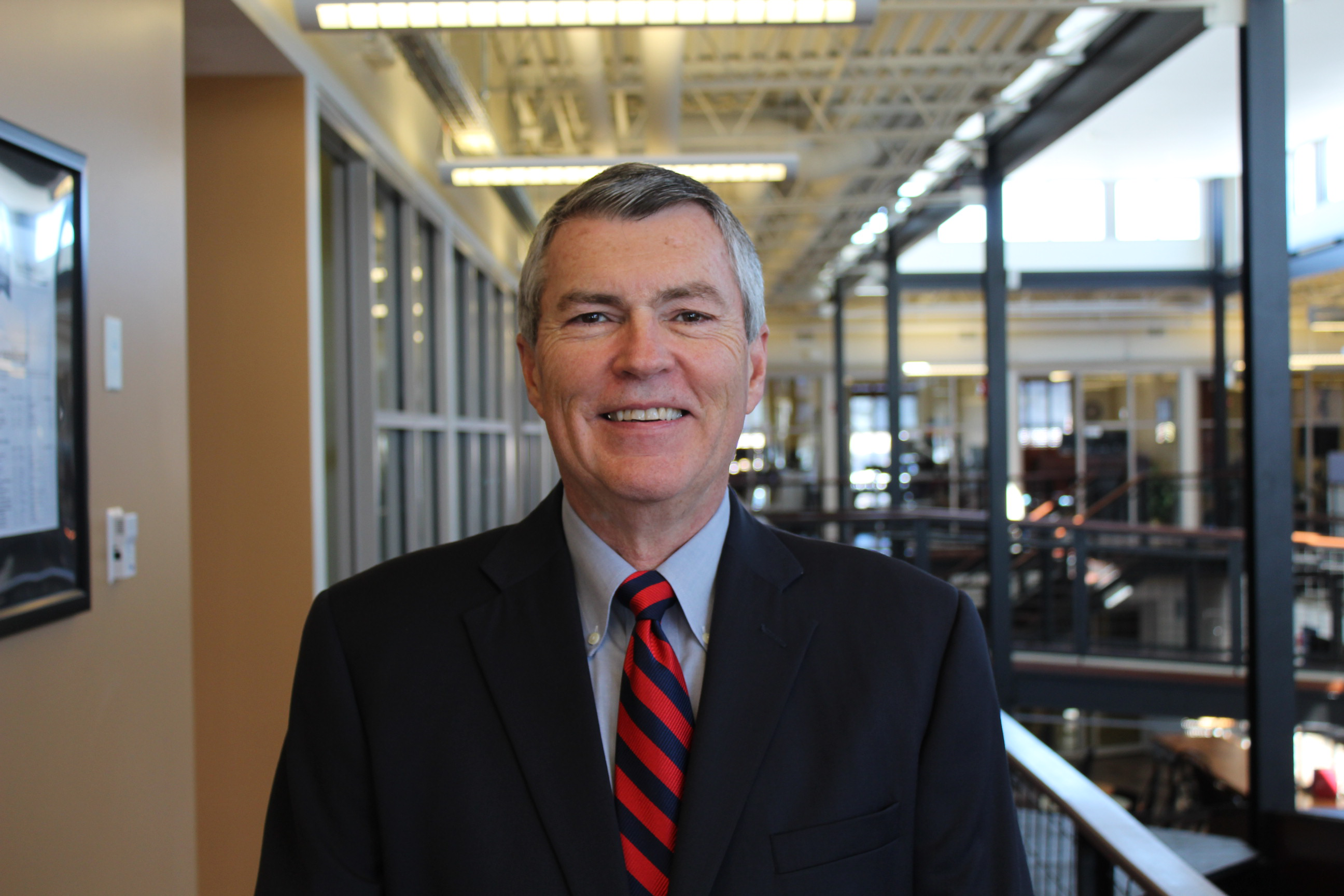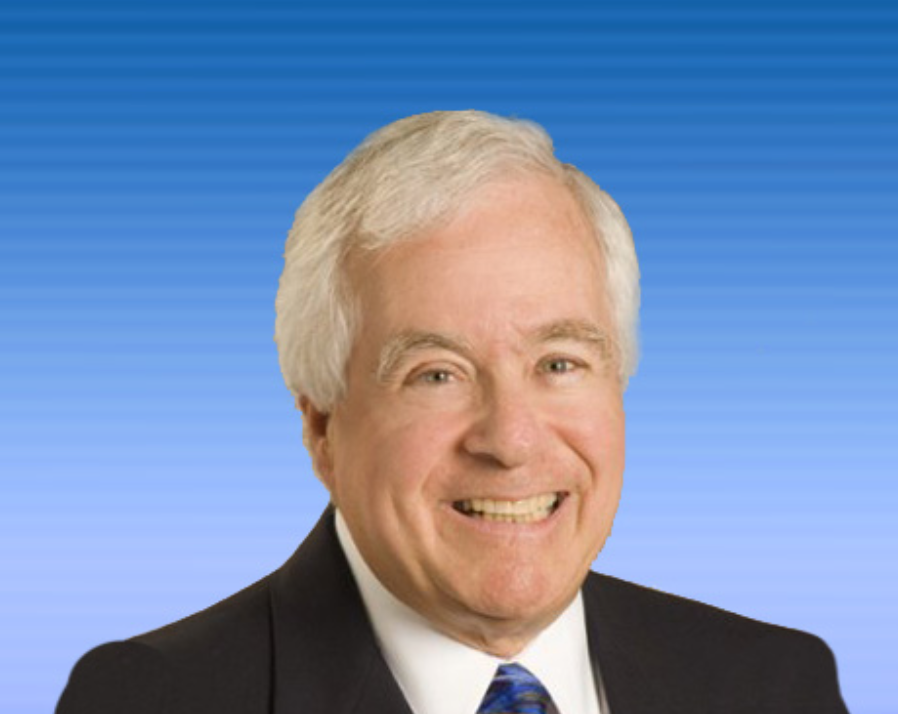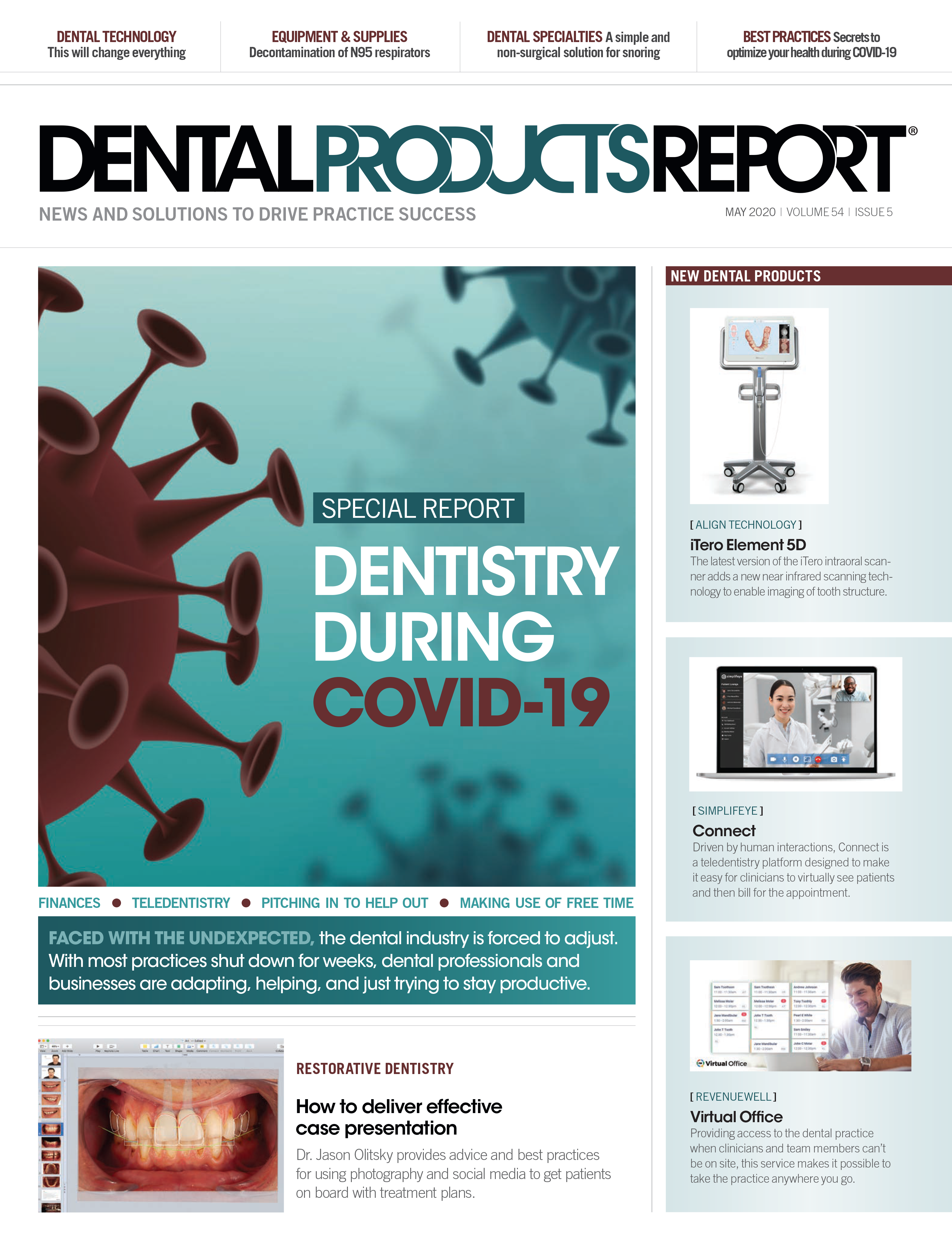In tough times, the dental industry bands together
Special Report: Dentistry During COVID-19-Financial Strategies. New and established lending programs-both government and private-are doing their part to help dental practices hit hard by the COVID-19 pandemic.

Special Report: Dentistry During COVID-19-Financial Strategies
By the time this article is published in print in the May issue of Dental Products Report, it’s certain that a lot of things will have changed. Sadly, there will be more confirmed cases of COVID-19 and more deaths related to this global pandemic. There will be new stories of dental practices struggling with finances and dental manufacturers trying desperately to get back to where they were before all of this disruption and economic uncertainty.
But there also will be continued good news, that is additional stories about generous donations of time, money, and efforts to help combat the coronavirus. More updates on steps already taken to help keep dental practices in business and employees on the payroll. Next will be plenty of advice and opportunity to rebound as quickly as possible to ensure dentists throughout the country can get back to caring for all of their patients-not just the emergency-only cases most have been limited to during the shelter-in-place restrictions. These restrictions were designed to slow the spread of the deadly virus, but the moves clearly hit dental practices and most every other business in the nation hard financially.
During these tough times the ADA, the Small Business Administration (SBA), banks, dental CPAs, and financial advisors have all done their parts, whether it be mandating safety regulations, offering low-interest loans, or financial guidance on how best to reduce costs, cut staff, and even advice on possible opportunities in terms of retirement accounts and taxable income brought about by this unusual economic and health pandemic. Government programs to protect payroll, and in many cases, provide loans that will be forgiven are playing a big role in attempting to keep the industry on track.
Dental Products Report columnist Bruce Bryen, a certified public accountant with over 40 years of experience who is a part of RKG Tax & Business Services LLP, an affiliate of Robin Kramer & Green, has been offering sound financial advice to dental professionals for a long time. When practices were recently forced to close their doors to elective procedures and thus saw their revenues drop dramatically, he offered up a novel approach about how some dental practices could take advantage of the unusual times to try and increase their reportable income for 2020 [Click here for more details.] Bryen has also shared advice on which SBA loans may work best for dentists.
Communication is key
Bryen says it’s important for dental practices to communicate well with their patients all the time, but especially critical to have methods in place to stay in contact even when office hours are cut.
“I would say the number one thing is the communication with patients and staff,” he says. “We really need to let the dental profession know, if you don’t have your patients’ email addresses and phone numbers, you’re really making a terrible mistake. If you did when this [pandemic] happened, you could send out emails to people and you could send text messages so they will know that you still exist.”
Related reading: Keeping up with the new order of business for SBA loans and coronavirus relief, support
While communicating with your patients, you should inform them upfront that you’re still there for them for emergencies, but also that you’re thinking about them during these difficult times and preparing as best as possible for when the doors reopen for all forms of dental treatment.
“I guess the main word is communication,” Bryen adds. “That, to me, is a critical thing just let people know what’s going on. Bad news is important to disseminate as quickly as possible. You want to get out in front of it.”
Cutting costs and finding help
During these difficult financial times operating with the least amount of personnel is important. While it’s never easy to tell devoted employees you have to let them go, under the current circumstances and with unemployment compensation extended and increased, it’s a necessary evil that can assist all parties for the time being and in terms of future prospects.
What makes this pandemic so tough on finances for dental practicesÂ-and most every other form of small business-is that it hit so quickly and is so wide spread. There was no slow decrease in revenues over a period of time, but a quick shutdown of most businesses deemed non-essential. Some of these businesses, including many restaurants and small family-owned retail shops, may not survive these times and may never be able to re-open.
“I started out with the FDIC back in the 1970s and I spent 33 years with the Federal Insurance Corporation. So, I saw my share of crises there which would include, of course, the global financial crisis [2007-2008] and the Great Recession, and I thought I was done with crises,” explains Mark Schmidt, CEO of Fund-Ex Solutions Group, one of 14 non-bank SBA lenders and a wholly-owned subsidiary of Bankers Healthcare Group. “There’s no comparison.”
With so many businesses searching for cash during these tough times, the federal government and lenders are offering up numerous programs to try and help. The ADA has been doing its part to inform its members about each and every development in terms of SBA loan programs available to dentists, as well as safety guidelines during the COVID-19 pandemic. Bankers Healthcare Group (BHG) and other lenders are offering relief programs specifically designed for dentists and other healthcare businesses.
Mark Schmidt, CEO of Fund-Ex Solutions Group

The demand has just been historically high as these businesses try to stay fiscally sound and keep as many employees on the payroll as possible.
“It’s a tsunami,” Schmidt says referring to the majority of 30-million plus small businesses looking for financial assistance. “The application volume is almost overwhelming for everyone, to the point that you’ve seen the large banks limiting applications to dollar amounts or just certain customers; certainly prioritizing that way. And unfortunately the press has played up the idea that the money’s going to run out. You know, so everybody wants to apply right now.”
As business owners and professionals grapple with the current pandemic crisis, Bankers Healthcare Group, a provider of financial solutions for healthcare practitioners and other highly skilled professionals, is actively lending during extended hours seven days a week.
As a result of the ongoing demand for loans and to support those working the front lines of healthcare and other industries, BHG is offering a 60-day deferred incentive on all new loans, with no payments for up to 89 days from loan closing. In addition, BHG’s wholly-owned subsidiary Fund-Ex Solutions Group is one of 14 non-bank lenders offering SBA-backed loans to assist in disaster relief and recovery.
Financial advisors like Schmidt and Bryen have been in high demand while dentists and other small business owners look for ways to navigate these tricky times. Even for those who heeded the advice to apply for the assistance programs promptly were not guaranteed to get the help they needed right away. Television newscasts and published reports in mid-April noted that the SBA loan programs were overwhelmed by the amount of applications, as well as shortcomings in funds.
The Economic Injury Disaster Loan program (EIDL), a long-standing program run by the SBA, is separate from the $349 billion Paycheck Protection Program (PPP) for small businesses that has been the subject of a political fight on Capitol Hill, according to a Washington Post article. The article adds that this emergency loan program intended to get money swiftly into the hands of small businesses has “all but collapsed under an unprecedented crush of applications and a shortage of funds, overwhelming agency officials and prompting urgent calls for action on Capitol Hill.”
The federal government normally doles out EIDL loans to small businesses affected by natural disasters such as tornadoes and wildfires. Again, with this pandemic hurting the entire country and not just regions, the wide scale demand for assistance, coupled with the fear of the unknown, has created numerous obstacles.
For more on Bankers Healthcare Group’s offerings during the pandemic, click here.
Continue reading on next page
On March 12, the SBA expanded the program to help entrepreneurs hurt by the coronavirus, offering low-interest loans of up to $2 million. As of March 27, the Senate and House had passed the CARES Act and it was signed by the president. This created multiple SBA loan options available for employers but initially there was plenty of confusion about who is eligible for the new Paycheck Protection Programs and the EIDL programs and if dentists, for example, could take advantage of both programs simultaneously.
“It seems as if there are changes occurring every day with government clarification and revisions to the PPP (Paycheck Protection Program) and the EIDL facilities,” Bryen says of these provisions that fall under the CARES (Coronavirus Aid, Relief, and Economic Security) Act. “There are new programs that work with banks and the Small Business Administration that may be part of a loan forgiveness package based on criteria that must be met.”
Banks like to work with borrowers who use SBA loans because the bank receives a guarantee of a percentage of the money lent, Bryen states. With so much of this happening so fast, it can be hard for businesses owners to know how and when to react.
Bruce Bryen, a CPA with over 40 years of experience who is a part of RKG Tax & Business Services LLP.

The PPP works with an advance or loan of up to 2.5 times the amount of payroll in a business with the potential for forgiveness if a certain percentage is used exclusively for payroll rather than other expenses. The exclusions from the definition of payroll are important for qualification of the funds and the forgiveness data.
“These programs are available to dental practices and should be reviewed for the application process as soon as possible,” Bryen advised in early April. “It may be surprising to learn that a new possibility is the ability to receive a $10,000 grant (no repayment) almost immediately.”
There are always certain conditions to be met to comply with these low interest and loan forgiveness programs, he adds. Some pertain to the maximum number of employees allowed by the business, but almost all dental practices would be included since the number of employees on the payroll of a business that is excluded is much larger than almost any dental practices pay. An exemption might be a large dental service organization with hundreds of employees.
“It’s key to look into all available opportunities during these difficult times to assist your practices now and to help prepare for what we all hope to be a brighter future,” Bryen suggests.
Before getting to that brighter future, however, many dental practices will be counting on some of the available resources, including the PPP. Schmidt notes that many small businesses choose to go this route because if the funds are used as mandated, then you’re talking about not having to pay back these loans.
“With the Paycheck Protection Program the advantage is that you can use the money as authorized, and you don’t have to pay it back, as the objective is to preserve the payroll,” Schmidt says, noting this PPP is different from other disaster programs that consist of low-interest loans. “In other words, it’s basically a grant program administered through forgivable loans. If you used the funds as required, you don’t have to pay it back.”
But sometimes just keeping your employees on the payroll for a couple months during a pandemic is not enough, and certainly not easy when many dental offices report operating at 80 to 90 percent reductions in revenue when only allowed to handle emergency cases. That’s where lenders like the Bankers Healthcare Group hope to be able to fill in any voids.
“These practices have still gone backwards,” Schmidt says, noting that it’s one thing to keep paying employees and another to be able to make ends meet when revenues drop drastically. “You can supplement that (assistance). That’s where companies like BHG come in, and there are private lenders out there that are still actively lending.”
He says BHG’s 60-day deferred program is quite popular during these times because it’s essentially a commercial loan with the first 60 days of payments waived, so the borrowers actually have up to 89 days from loan closing before making a first payment.
With things changing on an almost daily basis, the industry, with help from the government, has come together to provide as much support and as many resources as possible. At Dental Products Report we’ve constantly updated our website at dentalproductsreport.com with news and resources to help dentists stay on top of the changing regulations and financial opportunities-a COVID-19 Resource Center can be found on our home page. Henry Schein has a Coronavirus Education Center online and has held multiple webinars designed to educate and assist dental practices. The HuFriedyGroup website has a section titled Stay Informed On all things COVID-19 featuring tools for closing and re-opening offices. These are just a few of the many resources available as the industry has come together with a big push at helping practices and dental staff members stay afloat.
The dental industry has been hit hard by this pandemic, just like many others. There are very real concerns about revenue, employees, a backlog of appointments, inventory upon reopening, and more.
The hope here is that, before long, the health and the economy of the U.S. as a whole, and the dental industry in particular, will rebound and continue to make strides to help recover from the pandemic.
